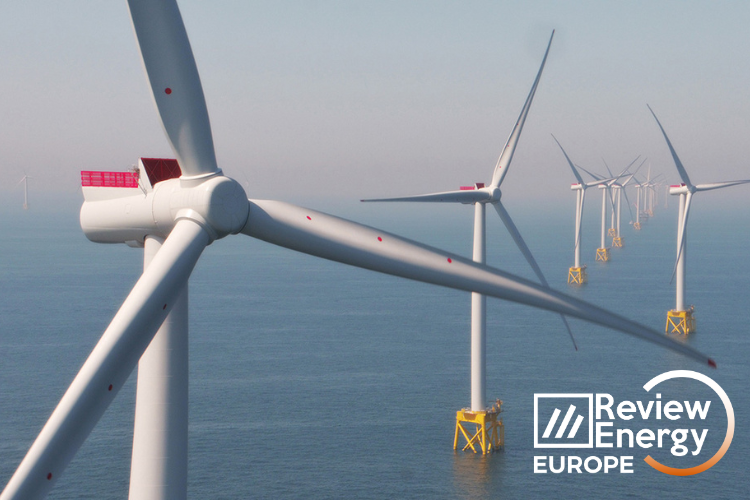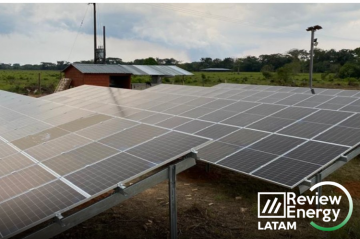
UK sets higher offshore wind price cap by 66% for next CfD round
In a bid to solidify the UK's position as a leading force in clean energy, the government has announced a significant increase in the maximum prices allocated for offshore wind and other renewable projects in the upcoming Contracts for Difference (CfD) auction. This strategic move aims to ensure optimal performance within the scheme.
The adjusted maximum strike prices reflect a notable surge, with offshore wind projects seeing a 66% increase, escalating from £44/MWh to £73/MWh. Floating offshore wind projects, on the other hand, will experience a 52% boost, climbing from £116/MWh to £176/MWh. These adjustments precede the anticipated Allocation Round 6 (AR6) set for the forthcoming year.
Energy Security Secretary Claire Coutinho said that "we have started the process of our latest Contracts for Difference auction for renewables, opening in March next year. We recognise that there have been global challenges in this sector and our new annual auction allows us to reflect this. This is a vital part of our plan to have enough homegrown clean energy, bringing bills down for families and strengthening our energy independence."
For his part, Minister of State for Energy Security and Net Zero Graham Stuart said that "this critical update to the scheme’s design provides further clarity and confidence to the offshore wind sector and ensures the scheme remains competitive for renewable developers investing in new low carbon technologies."
According to the UK government, this will help ensure projects are sustainably priced and economically viable to compete in AR6, building on the success of previous CfD auctions. These have so far awarded contracts totalling around 30GW of new renewable capacity across all technologies since 2014.
In AR6, offshore wind will also be given a separate funding pot in recognition of the high number of projects ready to participate. This will ensure healthy competition among a strong pipeline of projects, helping the UK deliver on its ambition of up to 50GW of offshore wind by 2030, including up to 5GW of floating offshore wind.?????
The government is also publishing developed proposals to review applications?from the 2025 auction not just on their ability to deliver low cost renewable energy, but also on how much a project strengthens the environmental and economic sustainability of the industry. As part of this, a project’s social impact will also be considered – including how supply chains affect jobs and communities.
Full boost to renewables
The government is also increasing maximum bid prices for other technologies,?offering certainty for developers, and keeping the UK at the cutting edge of all renewables. These include geothermal by 32% - from £119/MWh to £157/MWh; solar by 30% - from £47/MWh to £61/MWh; and tidal by 29% - from £202/MWh to £261/MWh3.
A positive welcome from the industry
After the government's announcement, RenewableUK's Chief Executive Dan McGrail said that "ensuring that the UK continues to unlock investment in renewables is critical to improve Britain's energy security, drive economic growth, support thousands of new green jobs and enable us to continue to create a lowest cost electricity system for billpayers. With intense international competition for investment in renewables, we welcome the strong commitment to the sector shown by Government, which demonstrates that the UK is intent on remaining a global leader in offshore wind, as well as innovative technologies like floating wind and tidal stream.
"There is the potential for the Government to attract a record level of private investment in offshore wind projects next year, with at least ten projects likely to be eligible, able to power 8.5 million homes each year and reduce the UK’s need for gas by 39%. The framework they’ve set out today is a significant step forward in securing this. Although renewables haven’t been immune from the recent rises in financing and supply chain costs which all major infrastructure projects have faced, they remain the lowest cost means of generating new electricity. Even at these new prices, there is still no cheaper way to meet the UK's rising electricity demand and increase our energy security", McGrail added.










Comentarios
Sé el primero en comentar...